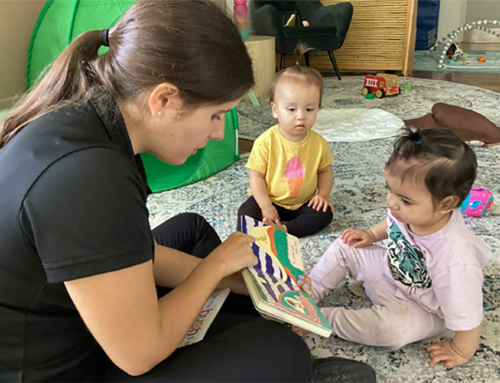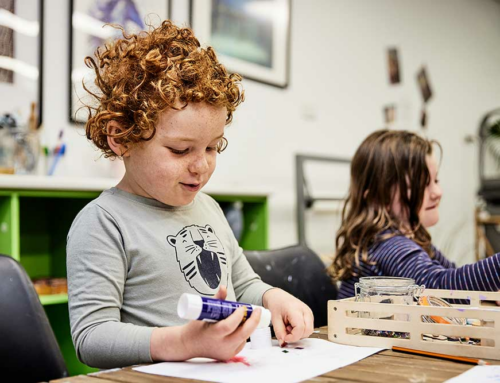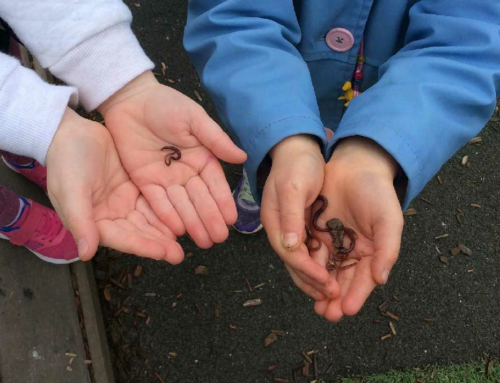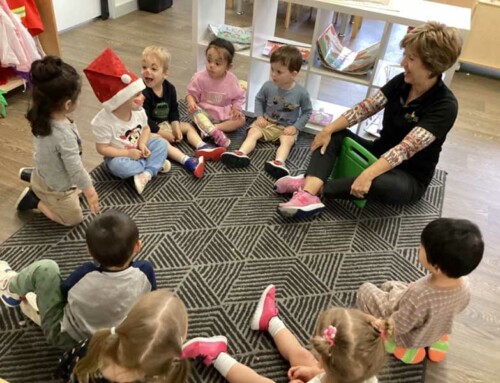Nurturing emotional intelligence in your child is one of the greatest gifts you can give them as it can have positive and long-lasting effects.
Providing a safe place for them to explore, express and develop their emotional intelligence will help them manage their feelings and grow into resilient, confident and emotionally healthy adults.
Here are some simple practices to help nurture and support the emotional intelligence of your child.
Help your child to understand and name their emotions
It will help your child if they can learn how to label or name their emotions. Putting words to their emotions can give them a greater understanding of what they are feeling and a reference point for next time they feel the same way.
You don’t need to put words in their mouth, but you can offer suggestions. Try things like “You seem frustrated.” “It sounds like you’re angry.” Or, “Perhaps you’re feeling sad right now.”
Just knowing there’s a name for their feeling is a great way for them to manage the emotions that continually rise up in them.
Welcome your child’s negative emotions

Emotional intelligence begins with the understanding that we all have a full range of emotions and that each are valid. So-called ‘negative’ emotions such as anger, sadness, fear and frustration are equally as important as ‘positive’ emotions like joy, patience, excitement and curiosity.
Young children, as you know, are excellent at communicating their emotions. They have a natural ability to let it all out. They can also change from one emotion to the next very quickly. If you greet every emotion with compassionate curiosity, you will help your child understand that each has a role to play and is worth expressing.
When you validate their emotions, it leads to them feeling safe. “It sounds like you’re angry right now. I can understand that. Are you angry because you wanted to keep playing?”
It can help to remember what it feels like when you’re angry. You just want to express that anger, be heard and know that someone listens and understands.
Listen to your child and encourage their emotional expression
Emotions naturally come in, completely overwhelm us and then leave. When we try to repress them, or change them, they get stuck inside, often resulting in explosive outbursts, tantrums or aggressive behaviour.
An important part of building emotional intelligence is to listen to your child when they are feeling and expressing their emotions, especially negative ones.
It’s actually quite amazing to see how quickly a child bounces back once they are acknowledged, heard and understood. Be fully present with your child and not distracted with other tasks. Stop what you are doing, take a deep breath and listen.
After listening, you might say something like “You seem really sad right now. It’s okay. Everyone feels sad sometimes. I’m here for you. Tell me all about it.”
If your child is experiencing something strongly, such as anger, try encouraging them to let their feelings out.
“You are so angry right now you just want to yell and scream. Everybody feels that way sometimes. It’s okay to show me how angry you are. You’re safe and I won’t leave you.”
When your child feels safe to feel and express their emotions, it helps them to trust their own emotional process. They can better handle their emotions without repressing them, throwing tantrums or lashing out.
Empathise with your child and acknowledge their perspective
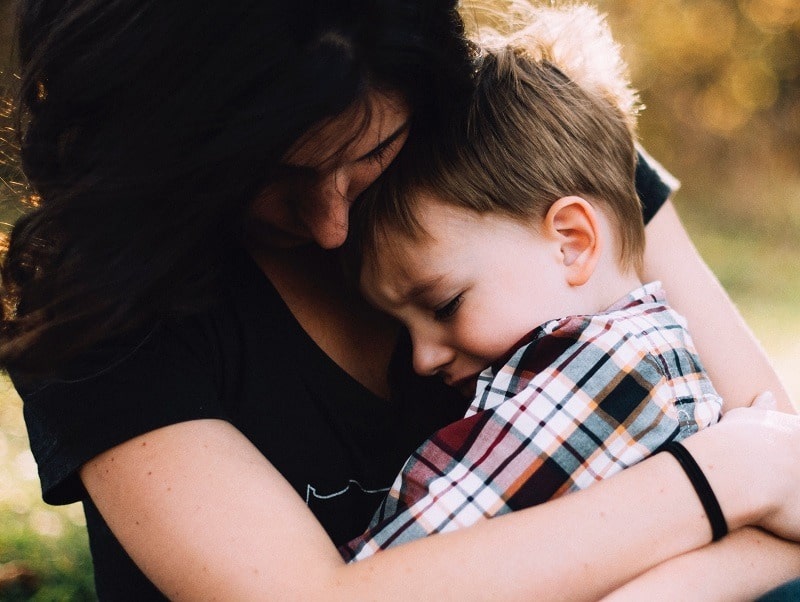
A little empathy goes a long way when nurturing emotional intelligence in your child. Every human wants to be understood. Empathising doesn’t mean you necessarily agree, it just means you can see things from their side.
Your child is entitled to their opinion. They will still have to do as they are told, but at least they will have the chance to voice their own perspective.
You might express your empathy by saying, “I know it’s hard for you to stop playing. Right now you need to pack up your toys and get ready for your bath.” Another approach could be, “You must be so disappointed that we can’t go to your friend’s house.” Or, “You’re so mad that your toy broke. I would be mad too!”
If your first reaction is always to offer comfort and empathy, your child will eventually learn to self-comfort when things don’t go their way. That skill will go a long way to building their emotional intelligence. Your child will also learn the value in offering empathy and compassion to others.
Teach your child that every emotion is okay, but every behaviour is not
An important lesson is helping your child to become emotionally intelligent is not to label emotions as ‘good’ or ‘bad.’ Don’t punish, dismiss, or reprimand your child for expressing their emotions. Let them know that while every emotion is acceptable, every behaviour is not.
Young children don’t have the ability to differentiate between their emotions and themselves. If you tell them their anger is ‘bad’ they will think that ‘they’ are bad. This can damage their self-perception right through into adulthood.
Teach your child that every feeling is a natural part of being human, while our behaviour is something we can choose. “I understand that you’re mad with your friend for pushing you. It’s okay to be mad. It’s not okay to hit, even when you’re very mad.”
Your child’s emotions are there, no matter whether you approve of them or not. Your acceptance allows them to express these emotions naturally, while disapproval can lead to repression that can show up in angry outbursts, nightmares, anxious behaviour or aggression.
Show your child how to problem solve and seek alternative emotions

While children need to express their emotions, they can also feel controlled by them. It’s important they learn how to ‘shift gears’ and find constructive solutions to problems and situations — to learn how to express their needs without attacking an object or person.
Your emotionally intelligent child will learn to breathe through their emotions, feel them and tolerate them without needing to act on them. Once the strong emotion has passed, they will be able to problem solve.
You can empower your child by showing them how to find different ways to respond in different situations. This shows them they are capable of self-regulating and have choices in situations and in life.
Encourage your child to come up with the answer themselves without rushing in to rescue them. This will help build their confidence in handling situations.
Your child has an amazing capacity for learning and growth

Children are amazing, resourceful beings who instinctively know how to express themselves. They have an innate capacity to develop into adults who can respond with a high level of emotional intelligence to all of life’s dramas.
As children, they need you to listen, understand, accept their emotions and show them they are clever enough to work out how to respond appropriately.
At Petit Early Learning Journey, our progressive, educational, inspiring long day care focuses on the holistic learning and development of your child. We recognise that being a parent is a challenging role and we’re here to support you in being the best you can be.
Children want to feel they are loved, important and unique. At Petit, our passionate educators recognise the responsibility we have in helping little minds grow and learn. We’d love the opportunity to help your child navigate through the emotions of life with ease and confidence. Book a tour with us today.

